
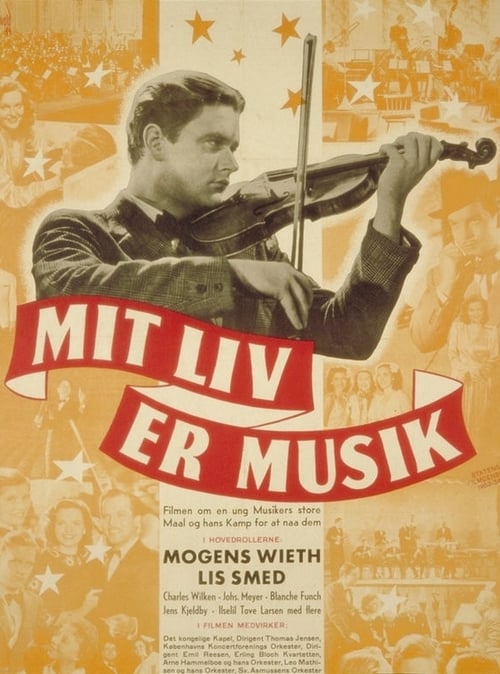
We meet the young violinist Erik Smith in the lap of his family with his wife Lise and his little daughter Lone. Erik is a young, aspiring musician who dreams of one day making a career as an interpreter of the great masters of music. At a concert where a well-known solo violinist has to interrupt, Erik Smith suddenly jumps in and gets his big breakthrough.
No Trailers found.
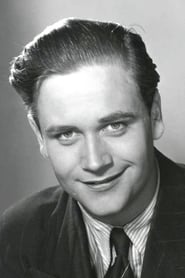
Erik Smith - violinist
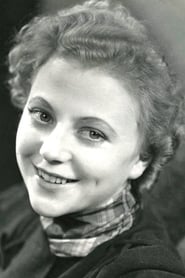
Lise - hans kone

Walter S. Nielson, impresario

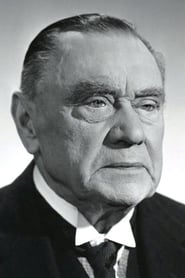
Wallengreen - fhv. Kapelmusikus
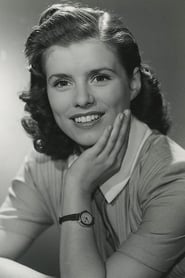

Lone - Erik Smiths datter